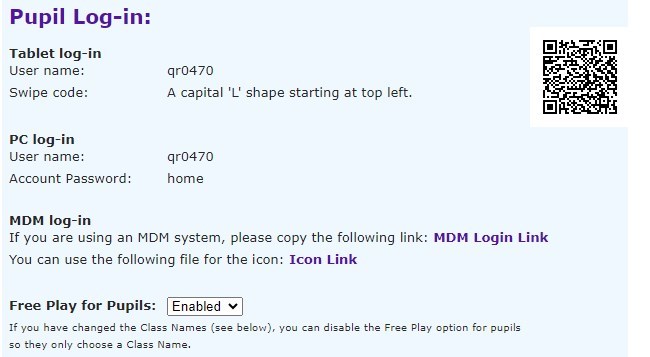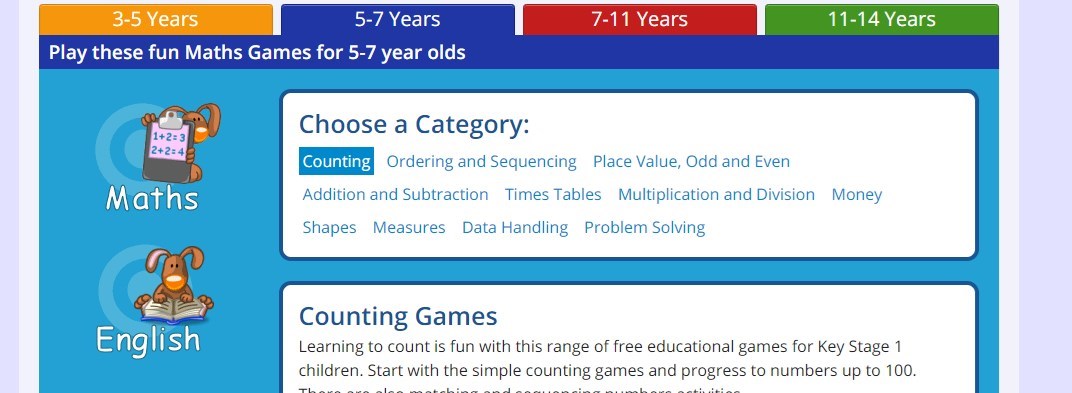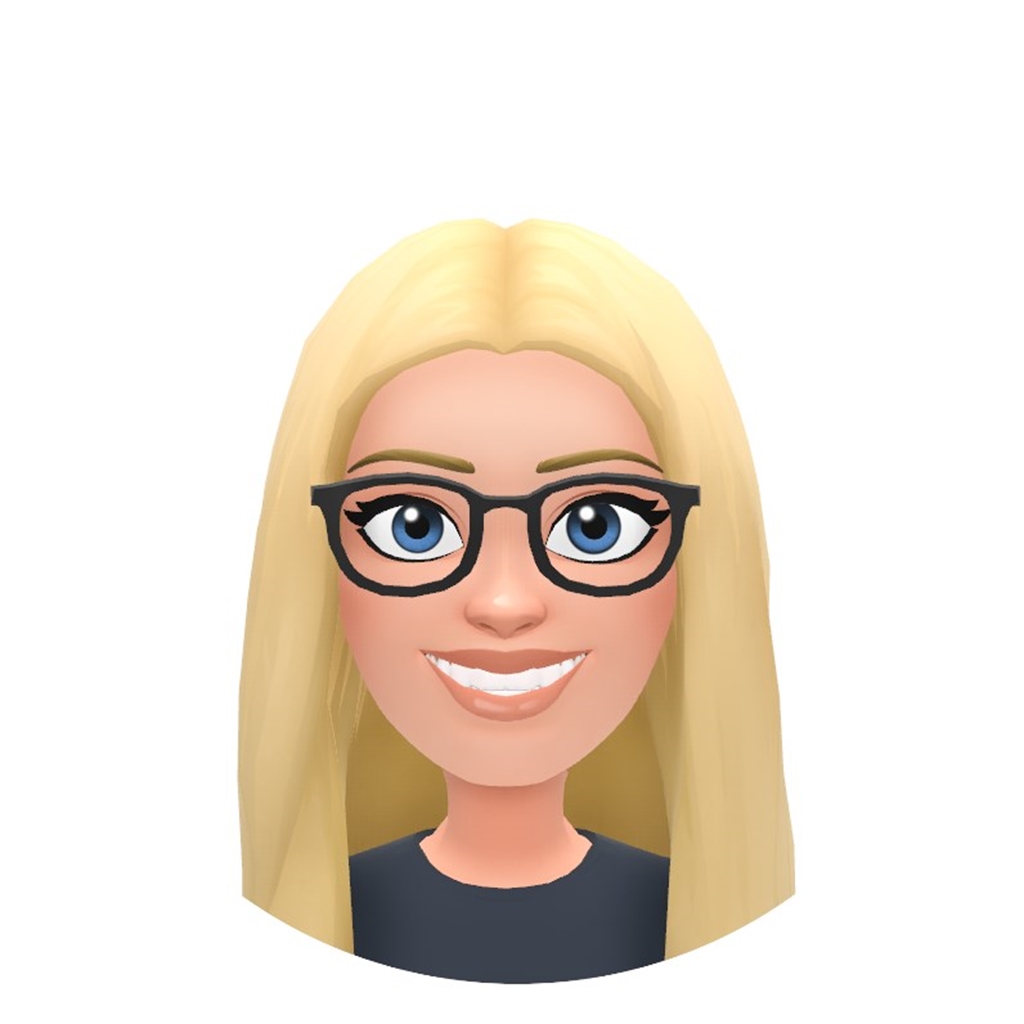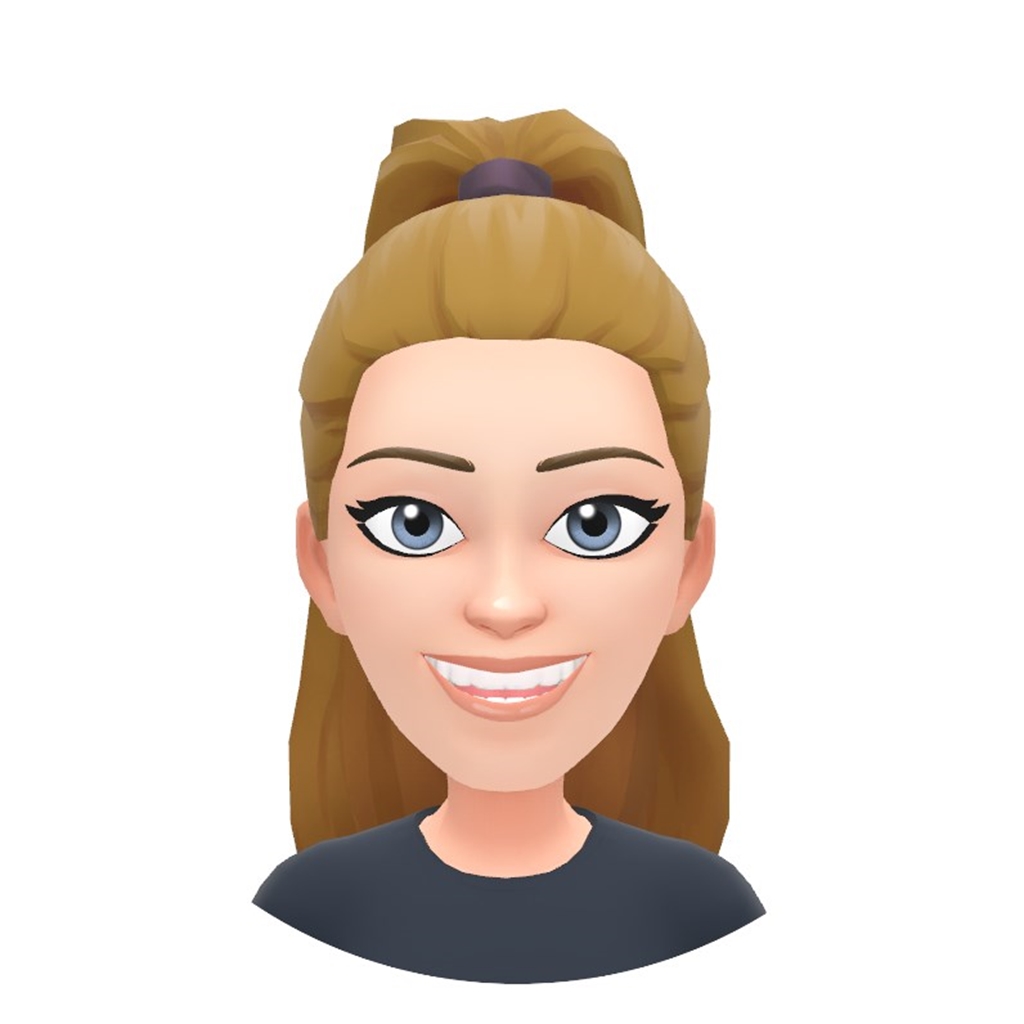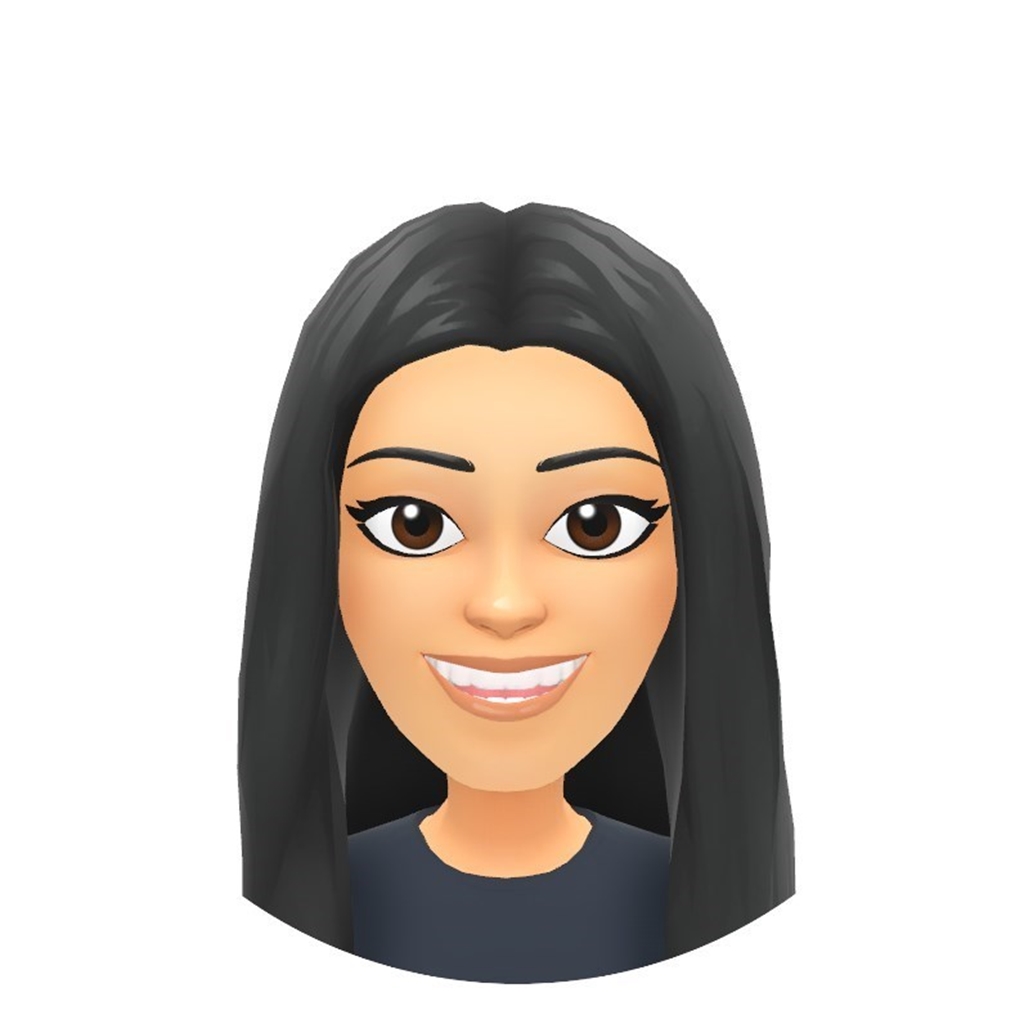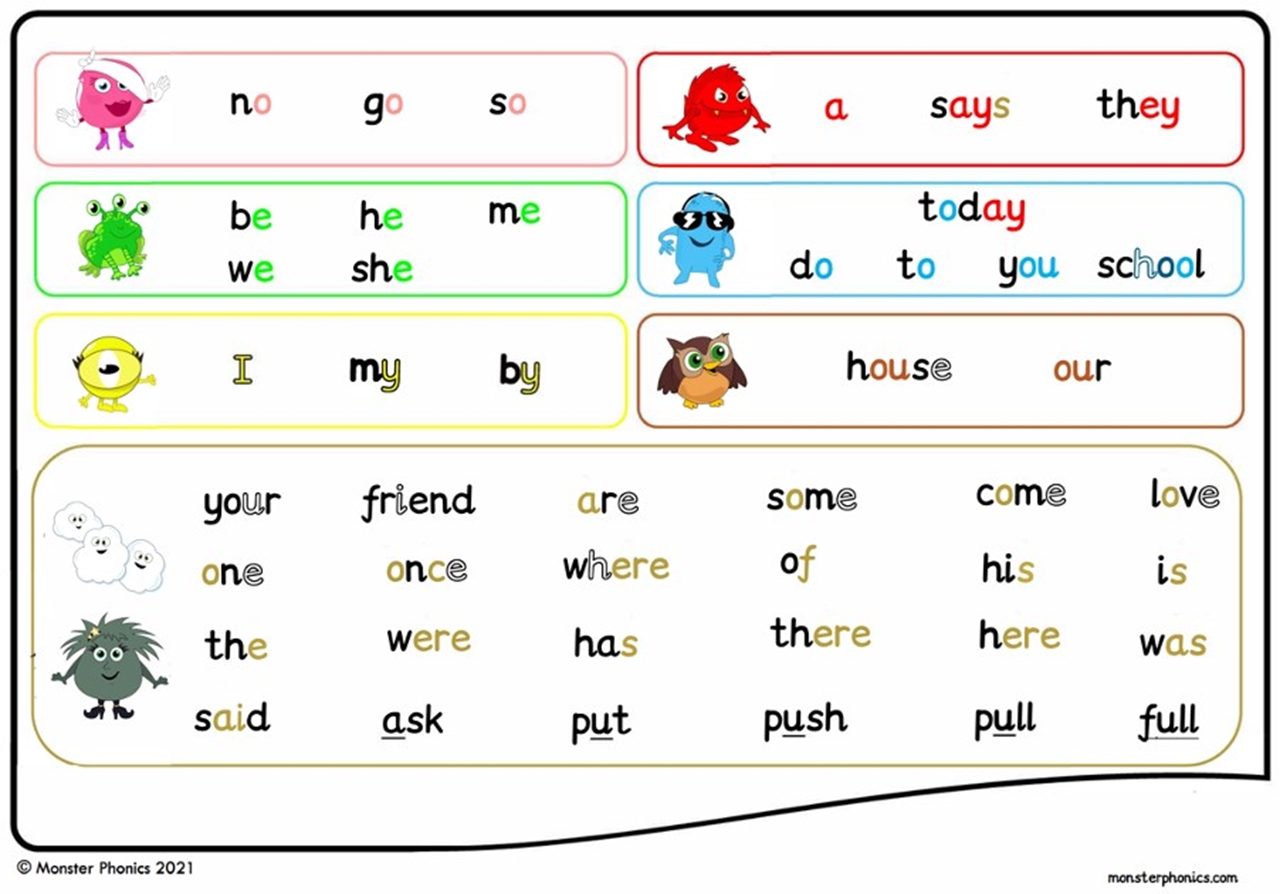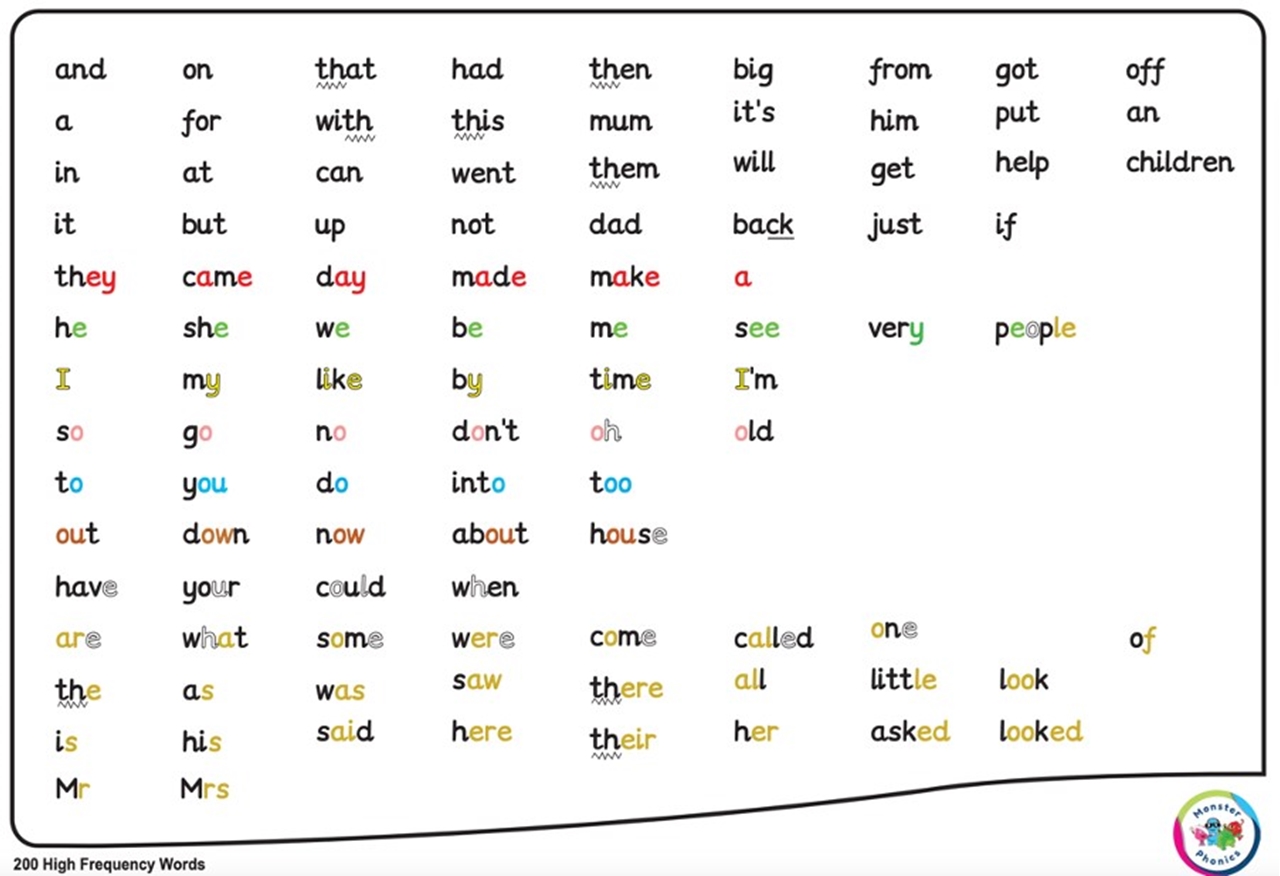Welcome to Belle Vue's Year 1 Page!
Welcome to Year 1! We are so excited to continue making lots of lovely memories together this term. We have some really exciting learning opportunities and experiences coming up this term! As always if you would like to discuss anything about your child’s learning journey then please do not hesitate to speak with either Miss Watson or Miss Smith after school or you can arrange a phone call or meeting via the school office or email info@belle-vue.dudley.sch.uk
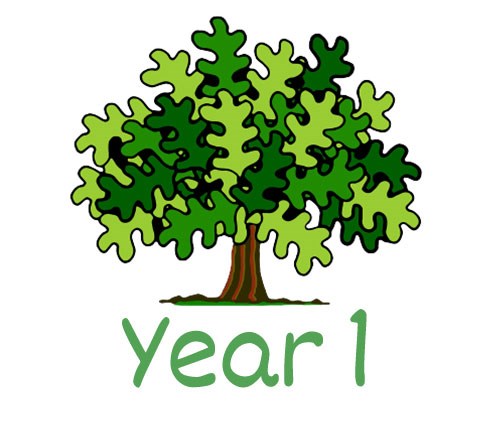
Miss Watson
1W Teacher
PSHE / RSE Lead
Miss Smith
1S Teacher
Miss Fennell
Year 1 Teaching Assistant
Important messages
PE
1W - Tuesday and Friday
1S - Tuesday and Wednesday
Please make sure children have the correct PE kit in school and come to school with plasters already over earrings or earrings taken out.
Reading books changed
Friday for both classes
Please make sure children bring both monster phonics books and book to share books into school to be changed, as we can not sent new books home unless old ones are returned.
Safety
Please can we ask that parents not come into the cloakroom for morning drop off and make sure that the door way is kept clear for children to come into school safely.
At the end of the day when picking up please can you wait on the year 1/2 playground not at the top of the steps so that we can see each adult clearly before letting the children go.
Thank you for your continued support!
Dates for your diary - Spring Term 1
Monday 5th January - INSET Day
Tuesday 6th January - Pupils return to school
Friday 16th January - The Larissa Foundation Mufti Day
Tuesday 27th January - SEND parents coffee afternoon 2:30pm-3:30pm
Week commencing Monday 9th February - Children’s Mental Health Week
Week Commencing Monday 9th February - DT Week
Thursday 12th February - Valentine’s Disco
Friday 13th February - Last Day of Term
Dates for your diary - Spring Term 2
Monday 23rd February - Term starts
Tuesday 24th February - Parents Evening 4:00-7:00pm
Thursday 26th February - Parents Evening 4:00-7:00pm
Tuesday 3rd March - Year 1 and Year 2 SEND Support Plan parent meetings
Thursday 5th March - World Book Day
Friday 6th March - Year 1 trip to Black Country Museum
Week commencing Monday 16th March - Assessment Week
Tuesday 17th March - SEND parents coffee afternoon 2:30pm-3:30pm
Tuesday 17th March - Easter Film Night
Wednesday 25th March - Easter Activity Day
Friday 27th March - Last Day of Term
Phonics Information for parents / carers
Our Curriculum
What will Year 1 be learning about this term?
Phonics and Reading: Children will be participating in various elements of reading within the year 1 curriculum. They will have daily phonics lessons to support their decoding and blending skills. To promote fluency, expression and comprehension children will have 3 adult led reading sessions with their weekly monster phonics book. They will also have 2 lessons a week looking closely at a variety of book genres. We also enjoy reading for pleasure throughout the day, including a variety of class novels.
Writing: Throughout Spring term, children will build on their knowledge of how we construct an accurate sentence. The main focus will be on using a capital letter, full stop and finger spaces. We will also be learning about verbs, nouns, subjects and objects within sentences. To support our writing, we will have daily handwriting lessons to learn correct letter formation. We build spelling knowledge by applying our taught sounds and spelling rules in phonics and putting these into words and sentences. We will be mostly working on writing dictated sentences, but also ensuring we engage in lots of independent opportunities to write across the curriculum.
Maths: During the Spring term, children will secure their knowledge of numbers to 20. This includes looking at place value, addition and subtraction. We will also learn about mass and volume.
Science:
In Spring 1, children will learn about seasons and the weather. They will be taught how to:
• observe changes across the 4 seasons
• observe and describe weather associated with the seasons and how day length varies
Geography
In Spring 1, children will be learning about the United Kingdom. They will:
•Use world maps, atlases and globes to identify the United Kingdom and its countries
• Name, locate and identify characteristics of the four countries and capital cities of the United Kingdom and its surrounding seas
Art:
In Spring 1, children will be learning about architecture. They will be taught:
• to use a range of materials creatively to design and make products
• to use drawing, painting and sculpture to develop and share their ideas, experiences and imagination
• to develop a wide range of art and design techniques in using colour, pattern, texture, line, shape,
form and space
RE
In Spring 1, children will be introduced to Judaism.
PSHE
Throughout the Spring term, children will be learning about 'Living in the wider world'. This will include belonging to a community, media literacy and digital resilience and money and work.
PE
In Spring 1, children will be doing fundamentals in PE.
Computing
In Spring term, children will learn about online safety and how to use Purple Mash. Children will also learn about grouping and sorting.
Music
Throughout the Spring term, children will learn about the 'Dance Sing and Play' unit. They will explore different styles of music, singing and playing a variety of music.
How can you help at home?
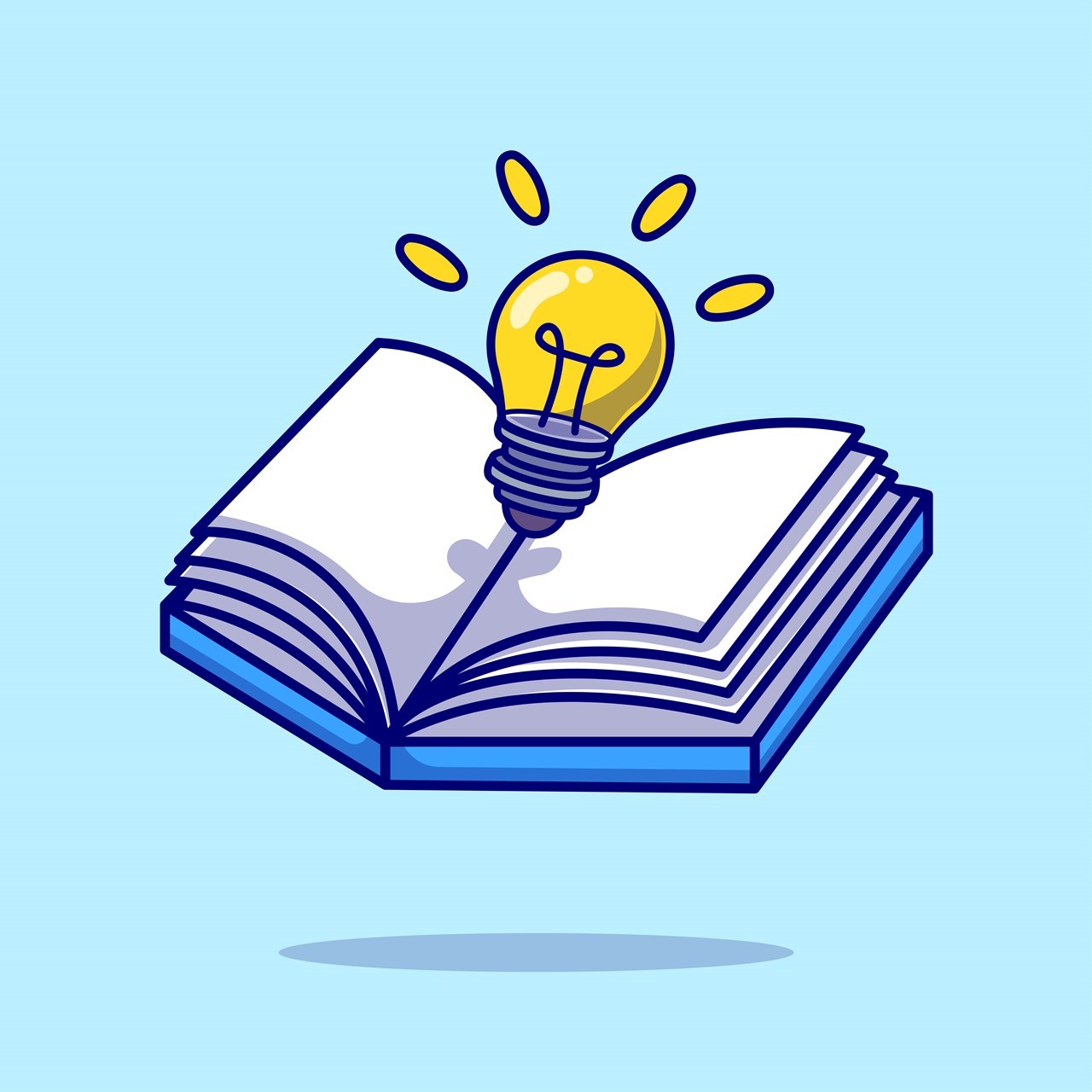
Homework
In Year One, children should be reading to an adult a minimum of 3 times a week. We will be sending home a Monster phonics book (matched to children's phonics level) and a book to share (for you to read to your child). These will be swapped each week.
We will be learning the Year 1 High Frequency Words and Common exception words so learning these at home as well will be a huge advantage.
We will also send home an activity sheet for phonics that will focus on what they have learnt that week. Please can these be completed in pencil and handed in to the class teacher when completed.
Practising number and letter formation on letterjoin (log on code below) https://www.letterjoin.co.uk/index.html
Regular visits to numbots (passwords can be retrieved from teachers) https://play.numbots.com/?#/account/school-login/3596 to increase fluency in maths.
Websites such as Topmarks and Phonics Play are excellent free ways for your child to embed skills at home.
Year 1 Common Exception Words - Read and Spell
100 High Frequency Words
